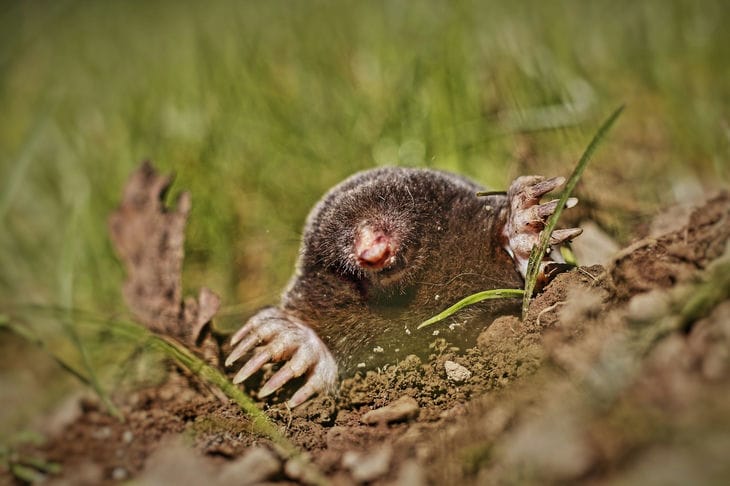What Plants Do Rodents Not Like: A Green Shield for Your Garden
Rodents are a real scourge for gardeners and vegetable growers.
These small pests can destroy crops and spoil the appearance of the site.
However, nature has provided natural protection against them - plants that rodents do not like and avoid.
Aromatic herbs
The strong smell of some plants repels rodents, making them an effective means of protecting the garden.
Mint, thyme, sage and rosemary will not only add a pleasant aroma to the garden, but will also become a real barrier to unwanted guests. These herbs can be planted along the perimeter of the site or next to vulnerable crops.

Bulbous plants
Daffodils, hyacinths, and ornamental onions are excellent choices for rodent control. Their bulbs contain substances that make them inedible and even poisonous to many pests. In addition, these flowers will decorate the garden with bright colors in the spring and summer.
Poisonous plants
Of course, poisonous plants require caution when growing, especially if there are children or pets on the site.
However, they effectively repel rodents. Foxglove, aconite and belladonna will not only protect the garden, but also add decorativeness to it.
Thorny and tough plants
Plants with thorns or hard leaves create a physical barrier to rodents. Barberry, hawthorn, and holly do an excellent job of this.
They can be used to create hedges or as individual accents in landscape design.
Plants with a strong taste
Garlic, onions and horseradish have a strong taste and smell that repel rodents. By planting them next to vegetable crops, you can significantly reduce the risk of crop damage. In addition, these plants themselves are valuable food crops.
Flowering perennials
Some popular garden flowers also do not attract rodents. Peonies, irises and daylilies will not only decorate the area, but also help in the fight against pests.
They can be used to create flower beds or as border plants.
Proper planning of plantings
Combining different plants that are not attractive to rodents will help create effective protection for the garden.
It is important to consider not only the deterrent properties, but also the aesthetic component, so that the garden remains beautiful and harmonious.
Using plants that rodents don't like is an environmentally friendly and effective way to protect your garden.
This approach allows us to reduce the use of chemicals and create a safe environment for beneficial insects and birds.
Properly selected plants will not only protect the area from pests, but will also make it more attractive and diverse.
